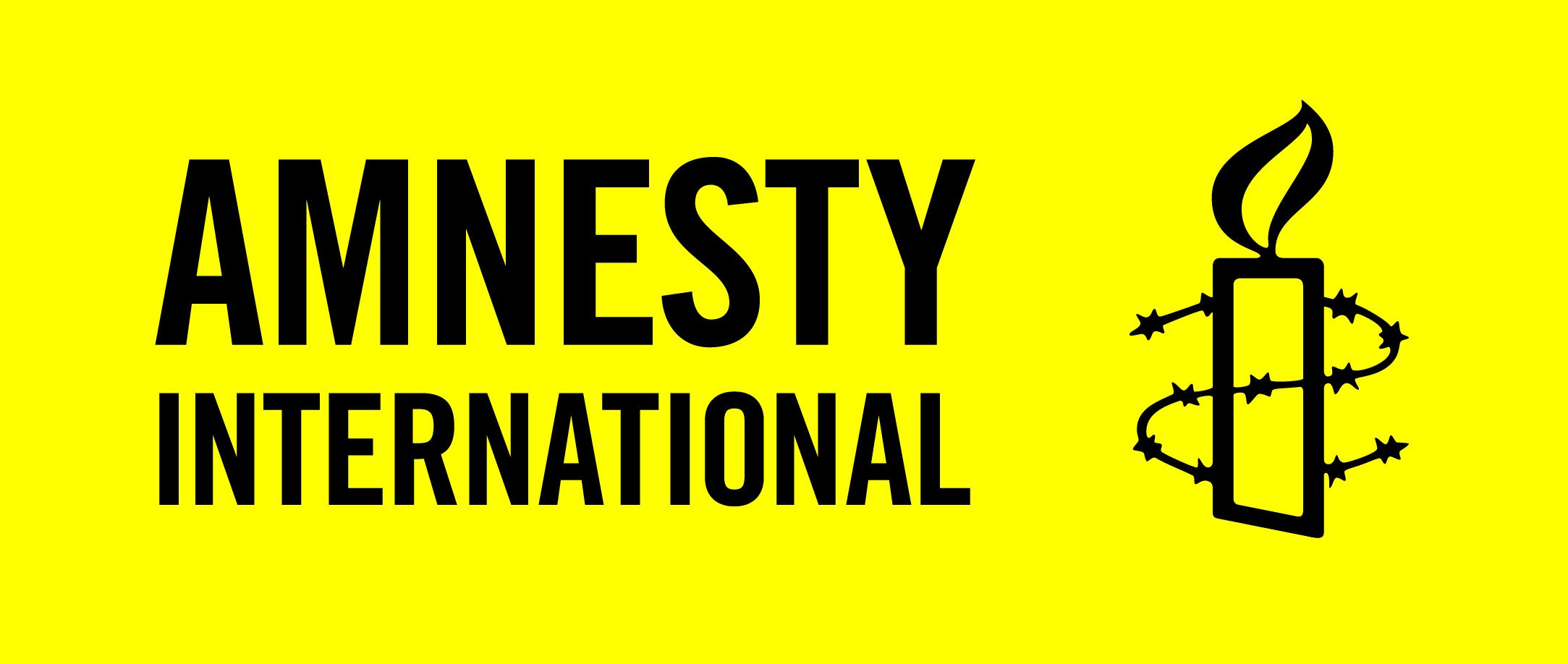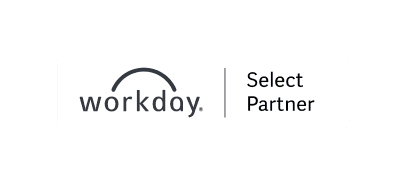
-
Services
-
Industries
-
Resources
- Integrations
-
About Us
Services Overview
Identity
Financial & Business
Verifications
Our Cloud Based Technologies
-
Industries
- Reported Criminal Activity
- Global Screening
- Guided Background Checks
- Pre Employment Screening
- Reference Checks
- Social Media Screening
- Workforce Rescreening
- Digital Identity Verifications
- Bankruptcy, Insolvency and Credit Checks
- Due Diligence
- Right To Work
- AML Checks
- Educational and Credential Verification
- Employment Verification
- MOM Education Verifications
- Candidate Hub
- Client Hub
- Reports & Analytics
- Sterling API
People First,
Always.
Sterling’s background and identity solutions help you build a
foundation of trust and safety for your employees,
customers, and partners around the world.
Best Comprehensive
Enterprise Solution
For the third year in a row, Sterling has won the HR Tech Award for Best Comprehensive Solution for Enterprises. Our Candidate Hub was recognised for providing candidates with a modern background check process.
See What We Offer
Why Sterling?
We believe that every hire is important, and we are committed to
helping our clients hire with confidence, speed, and trust.
Learn More
Global Market Leader
Deep regional expertise, local service proficiency, and reliable global fulfillment capabilities.
Verticalised Approach
Deep market expertise with services specifically designed to meet the needs of clients’ businesses and industries.
Powerful Technology
Tech-enabled services for simplified client and candidate experiences, robust integrations, and fast turnaround times.
Client-centric Products
Innovative, scalable, and customised solutions that help improve processes and speed.
0M+
annually
0+
territories
0+
and expertise
Trusted by 50,000+
clients around the world who choose Sterling's background check
solutions to help hire, onboard, and monitor employees globally.
See Customer Stories







Nicola McQueen

Joanna Scott
Child Safeguarding and
Talent at The LEGO Group

Sharon Jacques
Recruitment, Amnesty
International

Pravin Dalal
Virtusa


Mary Hassler
Siemens Flex-Force Program

Explore Services
Webinars and Events
Integrations
Learn More
Protect the most vulnerable.
With the expertise in delivering proven, innovative solutions for volunteers and nonprofits, Sterling partners with you to focus on hiring the best people for your organization.
Learn MoreLearn More
Build your growing business one trusted candidate at a time.
We’re committed to offering fast, accurate and comprehensive background checks to help you continue to expand your operations.
Learn MoreLearn More
Mitigate risk in the modern economy.
Contract and part time work brings freedom and flexibility, but it can also bring risk. Be well equipped to screen applicants in this evolving world of business.
Learn More


